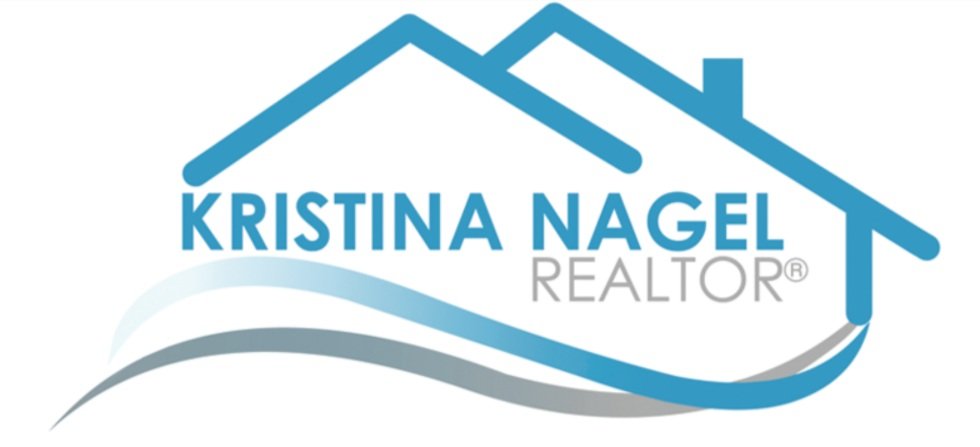How to Keep (or Find) Homeowner’s Insurance
After several years of 8 record-breaking California wildfires, some insurance companies have responded by forgoing the issuance of new policies, imposing huge premium increases on existing customers, and leaving many property owners worried about losing their coverage. Here are some tips to help those impacted maintain their current insurance plan or, if necessary, find a new one.
1. KNOW YOUR RIGHTS
If your insurance company is not going to renew the policy on your home, they must notify you in writing at least 45 days before the expiration date. If you didn’t receive the proper notice, contact the California Department of Insurance (DOI) at 1-800-927-HELP or online at www.insurance.ca.gov. Check to see if your policy has a guaranteed renewal provision. You may also be entitled to a renewal under laws applicable to homes that are lost in a declared disaster.
2. contact your insurance company immediately
If you receive notice of a rate increase or COVERAGE AND LIMITS non-renewal, get in touch ASAP to see if there are fire-hardening steps you can take to change the company’s decision.
3. consider working with an insurance agent
Filling out applications and getting quotes takes time. Working with an insurance agent can speed things up. The DOI website (Consumers section) has a tool to help you find insurance agents and brokers near you. Check to see if the agent works exclusively with one insurance company or has access to multiple carriers. Keep track of which insurance companies are being contacted to make sure you're conducting a thorough search of all options.
4. check for policies written by admitted insurance companies
Admitted insurance companies are backed by the California Insurance Guarantee Association (CIGA), which provides protections if the carrier becomes insolvent. Check the Residential Insurance Contact List on the DOI website for a list of admitted insurance companies.
5. MAKE SURE YOU ARE NOT UNDER INSURED
Before selecting a policy, make sure it will cover the likely cost to rebuild your home in compliance with current building codes. Consider insuring your property for replacement cost value, not just THE depreciated, actual cash value.
6. compare types of coverage and limits
If you have any questions, ask your insurance agent. For example: Will the policy cover the cost of rebuilding your home to its pre-loss condition? Does it cover demolition and debris removal? Is there a coverage limit on temporary rent and expenses while the home is being repaired? What causes of loss are not covered?
7. check surplus lines of insurance if necessary
Surplus lines (aka “non-admitted” ) carriers do not have CIGA protection, but they often have more flexible offerings and may be the best solution. If you can’t obtain insurance from an admitted carrier, consider a surplus lines one; just make sure to investigate the overall financial strength by checking A.M. Best at www.ambest.com or a similar service.
8. use the fair plan as a last resort
If you’re out of options, contact California FAIR Plan at 1-800-339-4099. The FAIR Plan policy can be expensive, and it only covers certain losses by fire and smoke so you will need to buy Differences in Conditions (DIC) insurance to cover other perils such as theft and liability.
Do You Know Your Wildfire Readiness?
Take a survey on Wildfire Readiness here.
Create your custom Wildfire Preparedness Plan here.


